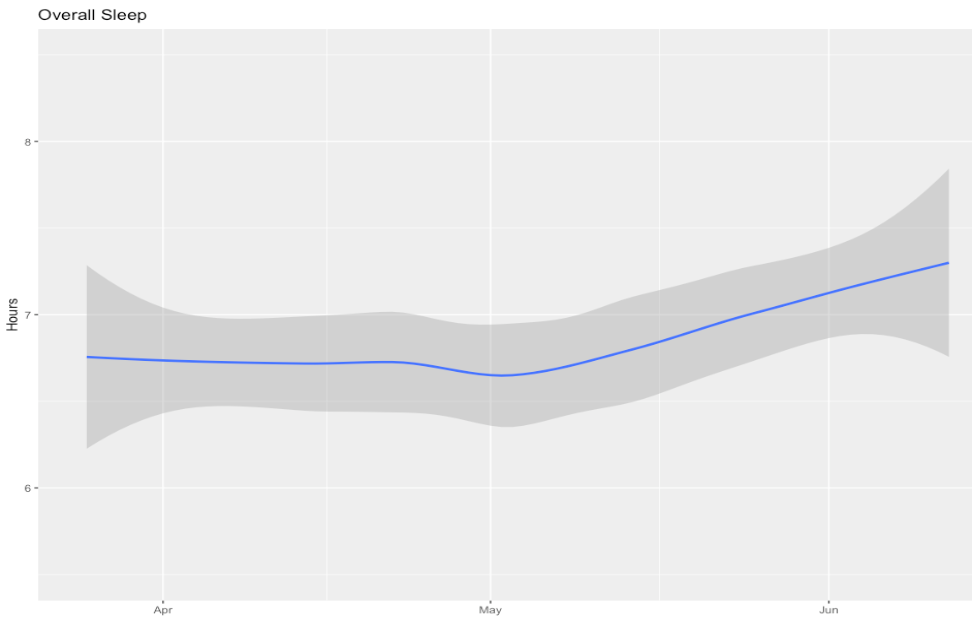Personal Science Week - 28 Jul 2022
ObservableHQ COVID data, Longer sleep, and more
More people deserve to know about ObservableHQ, a fantastic platform for easy data visualization and sharing. Aspiring Personal Scientists who find themselves limited by lack of programming or dataviz skills will find this a surprisingly easy way to create powerful interactive graphics.
You’ll find tons of interesting projects on the site, but to demonstrated the power and ease of use, Andy's Walgreens COVID-19 Tracker Tracker is one interesting example. User Andy Bloch pulls data from Walgreens COVID testing to generate this simple look at changes in frequency of SARS-CoV-2 variants over time.
Data and analysis code are just a click away if you want to make modifications for your own project. The site relies on the software engineering concept of “forking” code, an easy way to riff on a project that somebody else started. Well worth playing with if you are interested in some new, interesting Personal Science examples.
Sleep longer
During the long days of summer, I often wake up as daylight breaks, But recently I’ve applied a face mask upon waking, after which I lie in bed silently for another 90 minutes or so, hoping to sleep a little more. This seems remarkably effective. Making a conscious effort to stay in bed a full eight hours seems, at least according to my watch data, to give significant additional sleep, even though at the time I don’t feel like I’m sleeping.
When I examine the Apple Watch records, it appears that this extra early-morning period is often responsible for deep sleep.
Through sheer will, deliberately going lights-out at 10pm and not rising until 6am, I’ve been able to significantly increase my Autosleep-measured sleep. Although I distinctly remember being awake, sometimes for what seems like a significant duration, my watch counted it as sleep. I feel great throughout the day too, which may be a reminder that sometimes our brains fool us into thinking we’re awake when we’re not
More Principles of Personal Science
What we call “Personal Science” makes the following assumptions:
1. Technology is moving faster than science. Cool new gadgets and innovative therapeutics are coming online, at consumer prices, faster than traditional science can vet them.
2. Normal people can do important science. In fact, non-professionals make interesting discoveries all the time.
3. Privacy is over-rated. The concern for privacy (HIPAA) and informed consent (IRB) among professional scientists and their institutions borders on paternalism and functions as a net drag on innovation.
The same forces of decentralization that are transforming so many other industries are enabling new businesses that will remake the way we think about personal health.
Thanks for reading Personal Science! Subscribe for free to receive new posts and support our work.


